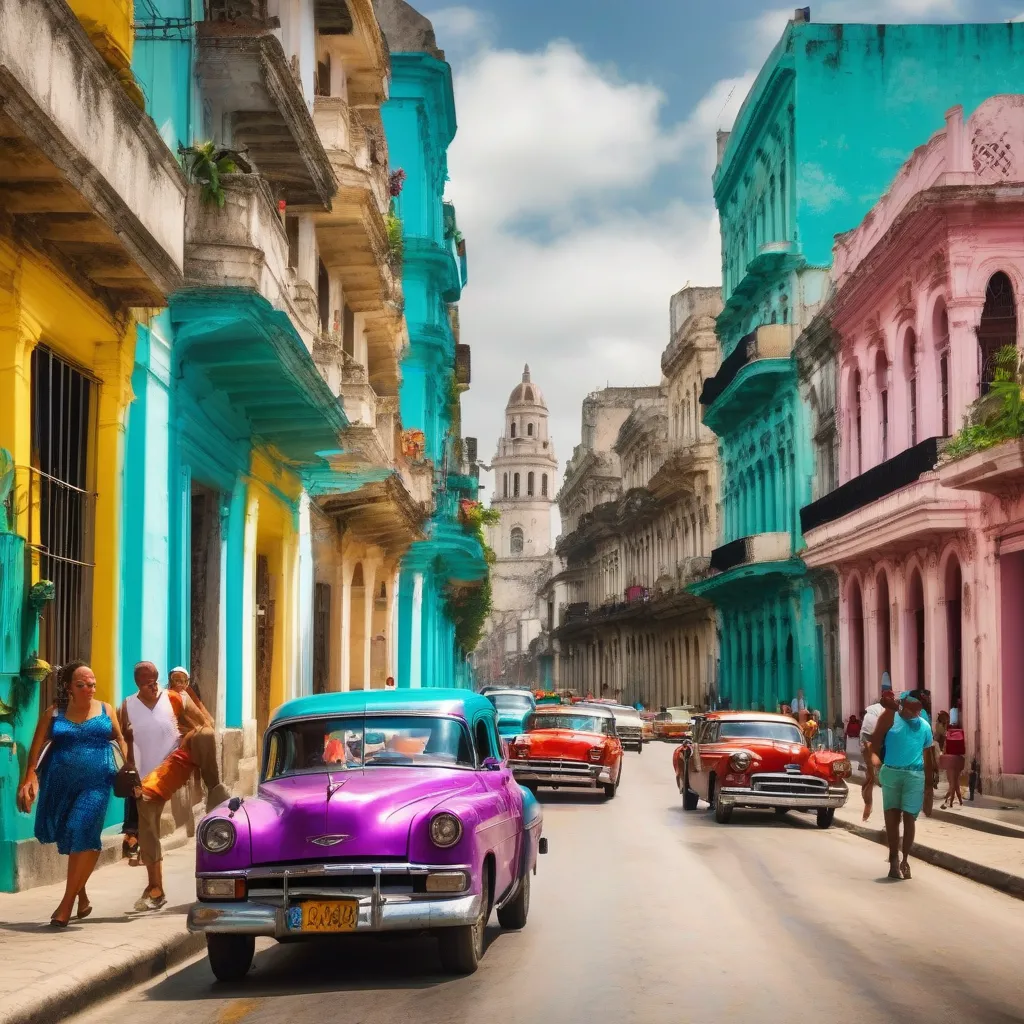“Going to Cuba? You need a travel visa, right?” I remember asking my friend, excitedly planning my dream trip to Havana. He just chuckled, “Well, it’s a bit more complicated for us Americans.” He was right! Traveling to Cuba as a US citizen can be a head-scratcher, but don’t worry. This guide breaks down everything you need to know about visiting the vibrant island nation, legally.
Understanding the Legal Landscape
Let’s address the elephant in the room: the US embargo on Cuba. While it’s true that there are restrictions, it doesn’t mean you can’t travel to Cuba. The key is understanding the twelve allowed travel categories authorized by the US Office of Foreign Assets Control (OFAC).
12 Categories of Authorized Travel to Cuba for US Citizens
Here’s a quick rundown of these categories:
- Family Visits: Visiting close relatives in Cuba.
- Official U.S. Government Business: For government employees on official duty.
- Journalistic Activities: For professional journalists gathering information.
- Professional Research and Meetings: Attending conferences or conducting research.
- Educational Activities: Participating in educational programs.
- Religious Activities: Engaging in religious trips organized by a religious organization.
- Public Performances, Clinics, Workshops, Athletic and other Competitions, and Exhibitions: Participating in or supporting public events.
- Support for the Cuban People: Activities that promote independent activity in Cuba.
- Humanitarian Projects: Providing humanitarian aid or participating in relief efforts.
- Activities of Private Foundations or Research or Educational Institutes: Activities related to these institutions’ missions.
- Exportation, Importation, or Transmission of Information or Information Materials: Activities related to information exchange.
- Certain Authorized Export Transactions: Specific commercial activities permitted by OFAC.
The Most Popular Option: “Support for the Cuban People”
Don’t let the names intimidate you! Most US citizens travel to Cuba under the “Support for the Cuban People” category. What does it entail? Basically, engaging with the Cuban people and supporting their private businesses.
Think staying in casas particulares (Cuban-owned guesthouses) like the charming Casa Blanca in Old Havana, dining at local restaurants like El Paladar in Central Havana, and buying souvenirs directly from Cuban artists in markets like Plaza de la Catedral.
Expert Insight: “The key is to engage meaningfully with the Cuban people and their culture, not just to tick off tourist boxes,” says travel expert, Dr. Amelia Garcia, author of “Discovering Cuba: Beyond the Beaches.”
Do I Need a Visa to Travel to Cuba?
Technically, no. You don’t need a traditional visa. However, you’ll need a Cuban Tourist Card, also known as a “pink visa.” You can often get this through your airline when checking in or from specialized travel agencies.
Planning Your Cuban Adventure
Flights: Several airlines offer direct flights to Havana (HAV) from major US cities.
Accommodation: From charming casas particulares to luxury hotels like Hotel Nacional de Cuba, you’ll find a range of options to suit your budget.
Currency: Cuba uses two currencies: the Cuban Peso (CUP) and the Cuban Convertible Peso (CUC). Tourists primarily use CUC.
What about Travel Insurance?
It’s highly recommended, especially considering the US healthcare restrictions in Cuba. Make sure your insurance covers Cuba.
Let’s Talk Feng Shui!
Believe it or not, Feng Shui can enhance your travel experience. Before your trip, declutter your luggage (symbolizing releasing old energy) and pack a lucky charm representing adventure and protection, like a compass or a small world globe.
 Havana Street Scene
Havana Street Scene
FAQs about Traveling to Cuba from the US
1. Can I use my credit cards in Cuba?
Credit card usage is limited, especially for US-issued cards. It’s best to carry enough cash (USD) to exchange for CUC upon arrival.
2. What about internet access?
Internet access can be spotty. You’ll likely find Wi-Fi in hotels and some public areas, but consider purchasing a local SIM card for more reliable access.
3. Is it safe to travel to Cuba?
Cuba has a relatively low crime rate and is generally safe for tourists. However, it’s always wise to exercise caution and be aware of your surroundings.
Don’t Forget the Mojitos!
Traveling to Cuba is a unique and rewarding experience. Immerse yourself in the rich culture, history, and warmth of the Cuban people. From strolling down the Malecón at sunset to dancing to the rhythm of salsa music in Trinidad, your Cuban adventure awaits!
Travel Tip: For more information on traveling to Cuba as an American in 2023, check out our detailed guide: [link to https://travelcar.edu.vn/how-to-travel-to-cuba-as-an-american-2023/ using appropriate anchor text like “How to travel to Cuba as an American in 2023”].
 Cuban Beach Paradise
Cuban Beach Paradise
Start planning your trip and get ready to experience the magic of Cuba for yourself! For more travel tips and inspiration, explore TRAVELCAR.edu.vn.
Have any questions about traveling to Cuba? Let us know in the comments below!

